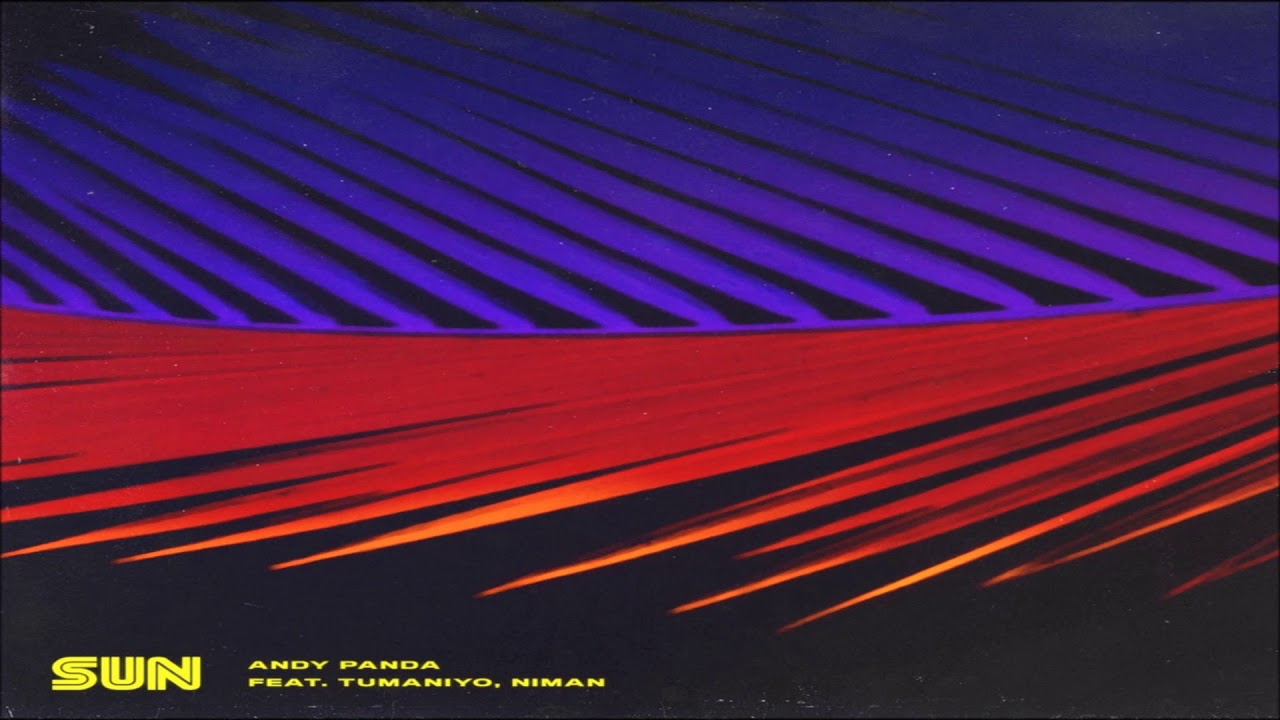In a quiet café in Canberra, far from the blustery west coast of Ireland, Andy Friend still embodies the unassuming nature that endeared him to so many. Two years on from his departure as head coach of Connacht Rugby, the Australian remains the same gentleman – open, approachable, and genuinely interested in others.
For five seasons, Friend was a breath of fresh air in Galway. His respect for players, press, and supporters alike fostered a deep connection. He and his wife, Kerry, immersed themselves in Irish life, building friendships that extend far beyond the rugby pitch.
Reflecting on his time there, Friend notes, “There was a unique energy about the people in the west of Ireland. You need a certain resilience to live there, and that`s my kind of people. They have an authenticity. I love their mindset: `We`ll find a way to get things done.`”
While he consciously stepped back from daily communication with his former Connacht colleagues last summer to allow everyone to move forward, his allegiance hasn`t wavered. “I watched pretty much every game,” he admits, even if it meant checking scores at 2 or 3 am Canberra time. Sometimes, the tension of a close match would pull him out of bed to watch the finish.
However, he doesn`t miss the relentless demands of being a head coach. The constant stream of calls and messages is a stark contrast to his current pace. After 29 years coaching professionally across four countries, involving 21 house moves and frequent separations from his sons, the toll of the profession is something he acknowledges candidly.
“I`m fortunate my wife is still with me and I have good relationships with my children,” he reflects, recalling a stark statistic heard early in his career: 80% of coaches` marriages fail in the first three years. He credits open communication, a patient wife, and understanding sons for navigating the challenges.
Knowing the lifestyle`s impact, the two-year contract he signed with Connacht in 2021 was deliberately his last coaching role. Before returning to Australia, he and Kerry spent six months traveling Europe, initially planned, but ultimately flowing wherever the road took them, with a key rule: be settled by 5 pm for backgammon and a drink.
The primary driver for their return to Canberra was family. Their younger son, Jackson, now has two children, and embracing the role of grandparents has been a joyful focus. Birthdays and helping with the grandkids fill much of their time.
But Friend`s extensive experience isn`t going to waste. While he had a brief return to rugby coaching with the Brumbies women`s team this year, his main energy is dedicated to his new venture, Performance Friend.
The seed for this mentoring business was planted before he left Ireland. An in-depth analysis of his work by IRFU specialist Darragh Sheridan, involving interviews with Connacht players and staff, highlighted the value of his insights. Consultations with coaching expert Roddy Coyle further solidified the idea of moving into mentoring.
Without advertising, Performance Friend has grown through word-of-mouth. Friend now consults with a diverse range of clients, including USA Rugby head coach Scott Lawrence, the Australian women`s national team staff, coaches in rowing and water polo, World Rugby referees, and several rugby coaches.
“The most important thing in coaching and mentoring is the connection,” he emphasizes. “You have to have a connection with the people you`re working with. And to do that, you have to be a good listener, you have to be open, you have to be authentic, and you have to show genuine interest.”
Building that connection was a hallmark of his time at Connacht, and the bond remains strong. He`s planning a visit back to Ireland in December 2026.
He speaks with pride about players like Mack Hansen, Finlay Bealham, and Bundee Aki making the Lions squad, noting the connection with Hansen and Bealham being Canberra natives. He points to reaching the URC semi-final in his final season as a significant achievement, but considers making Connacht a consistently tough team to beat even more important.
“The supporters appreciate that,” Friend states. “They don`t expect you to win everything, but they want to see that you fight to the end. By and large, I felt we did that. I always had this belief that if, with 10 minutes to go, we were within two tries, we could still win. I loved the fact that no matter how big the battle, we knew we would front up. We weren`t scared of it.”
He`s pleased to see the province invest in a new training centre and looks forward to the stadium redevelopment completing in January. The arrival of Stuart Lancaster, he believes, signals Connacht`s continued positive trajectory.
But Friend offers one piece of gentle, perhaps slightly ironic, caution. He hopes the new facilities don`t lead the team to shy away from training in the very elements that make Galway`s Sportsground such a challenging venue for visitors – the wind and the rain.
As he explains, “We`ve got to remain the best Northern Hemisphere team in the country in those conditions, because that`s our essence. That`s what breaks teams at the Sportsground. I used to call it `Cartey`s Corner` – that back right-hand corner of the field. We`d push you in there because you can`t get out of there. But we can, because we play in that chaos all the time. I`m glad they have the centre now, but it`s important they use it wisely. It shouldn`t become a crutch to say, `Let`s not train in the rain today.` No, that`s what makes you who you are.”
Leaving the café, watching Friend warmly greet an acquaintance from his rugby past, the impression is reinforced: whether in Galway or Canberra, Andy Friend remains authentically himself.

